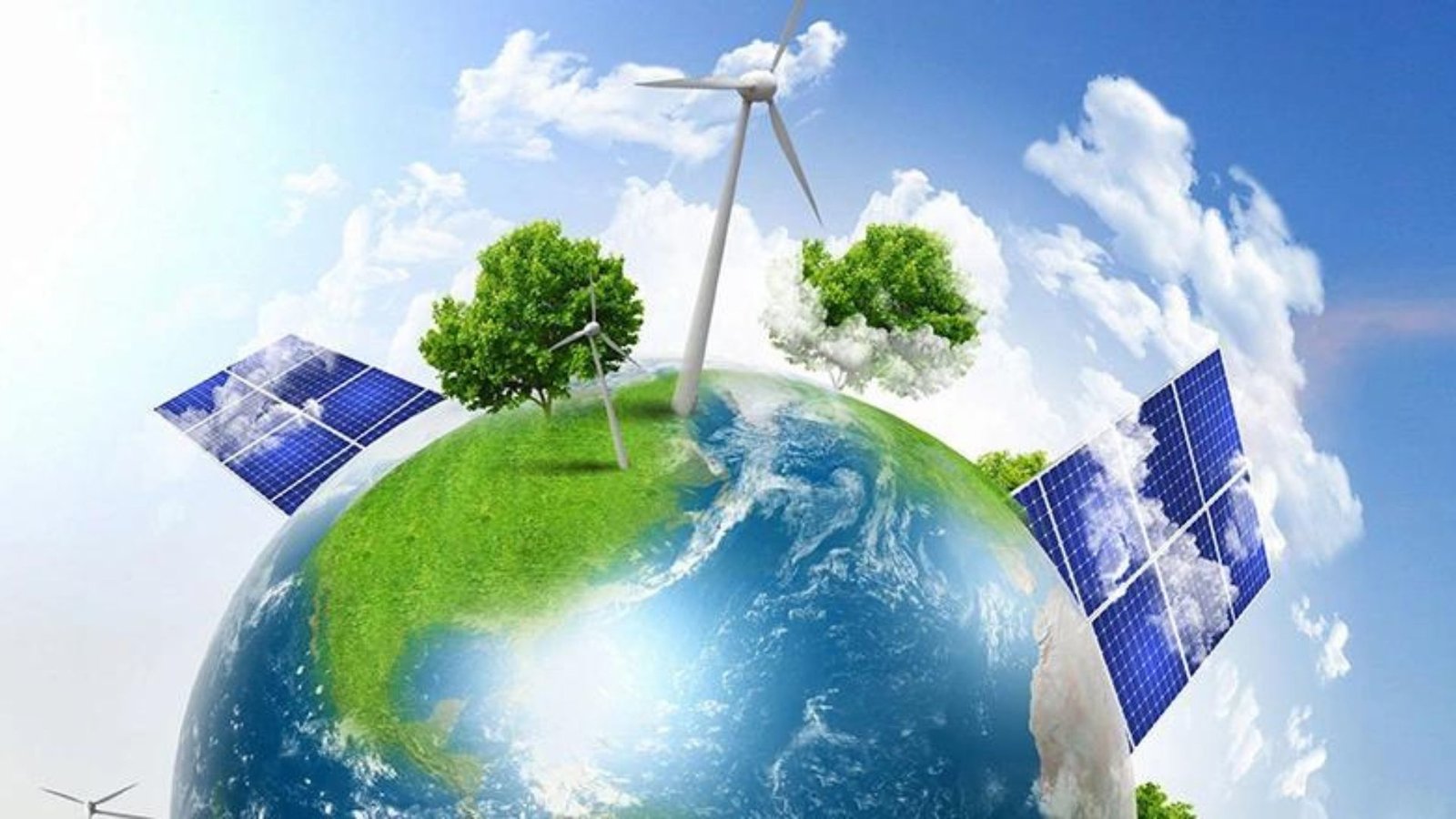Climate change is one of the most pressing challenges of our time, driven largely by the burning of fossil fuels for energy. Transitioning to renewable energy sources is essential for reducing greenhouse gas emissions and mitigating the impacts of climate change. This article explores the critical role that renewable energy plays in combating climate change, the different types of renewable energy, and the benefits of a global shift towards clean energy.

Understanding Climate Change and Its Causes
The Role of Greenhouse Gases
Climate change refers to long-term changes in temperature and weather patterns, primarily caused by human activities such as burning fossil fuels—coal, oil, and natural gas. These activities release large amounts of carbon dioxide (CO2) and other greenhouse gases (GHGs) into the atmosphere, trapping heat and leading to global warming. The effects of climate change include rising sea levels, more frequent and severe weather events, and disruptions to ecosystems and agriculture.
The Need for Emission Reductions
To limit global warming and avoid the worst impacts of climate change, the world needs to drastically reduce its greenhouse gas emissions. According to the Intergovernmental Panel on Climate Change (IPCC), keeping global temperature rise to 1.5°C above pre-industrial levels requires cutting emissions by nearly half by 2030 and achieving net-zero emissions by 2050. Renewable energy is a key solution to achieving these goals.
Types of Renewable Energy
Hydropower
Hydropower uses the energy of flowing water to generate electricity. It is the most established form of renewable energy, providing a significant portion of the world’s electricity. While hydropower is a clean energy source, its environmental impact depends on the design and location of the dams, as large dams can disrupt ecosystems and displace communities.
Geothermal Energy
Geothermal energy taps into the heat from beneath the Earth’s surface to generate electricity and provide direct heating. Power plants are highly reliable and can provide a constant supply of energy. This type of energy is particularly effective in regions with high geothermal activity, such as Iceland and parts of the United States.
Biomass Energy
Biomass energy is produced from organic materials like plant and animal waste. When burned or processed, biomass can generate electricity, heat, or fuel. While biomass is renewable, its sustainability depends on the source and how it is managed. If done responsibly, biomass can be a low-carbon energy source, but it can also contribute to deforestation and air pollution if not properly regulated.
The Benefits of Renewable Energy
Reducing Greenhouse Gas Emissions
The most significant benefit of renewable energy is its ability to reduce greenhouse gas emissions. Unlike fossil fuels, renewable energy sources produce little to no direct emissions when generating electricity. By replacing coal, oil, and natural gas with renewable energy, we can drastically cut carbon dioxide emissions, which are the primary driver of climate change.
Enhancing Energy Security
Renewable energy contributes to energy security by diversifying the energy supply and reducing dependence on imported fossil fuels. Countries that invest in renewable energy can generate power locally, reducing vulnerability to geopolitical tensions and fluctuations in fossil fuel prices.
Creating Jobs and Economic Growth
The renewable energy sector is a major driver of job creation and economic growth. The transition to clean energy requires investment in new infrastructure, technology, and workforce training, creating millions of jobs worldwide. For example, the solar and wind industries have seen rapid growth in employment opportunities, from manufacturing to installation and maintenance.
Improving Public Health
Burning fossil fuels for energy releases pollutants that contribute to air and water pollution, leading to respiratory and cardiovascular diseases. By shifting to renewable energy, we can reduce pollution and improve public health outcomes. Cleaner air and water result in fewer health problems, lower healthcare costs, and increased productivity.
Fostering Sustainable Development
Renewable energy supports sustainable development by providing access to affordable, reliable, and clean energy. This is particularly important in developing countries, where access to energy can drive economic development, improve education and healthcare, and reduce poverty. Off-grid renewable energy systems can bring electricity to remote and underserved communities, enhancing quality of life.
